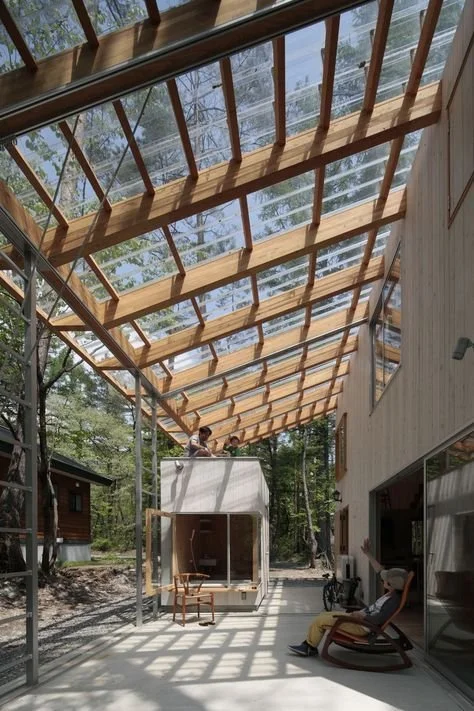Tips for Conserving Energy When Switching to Solar Power
Making the switch to solar power is a great way to reduce your carbon footprint and save on energy costs. But it's important to remember that switching to solar power doesn't necessarily mean you'll be saving energy all the time. If done incorrectly, you could end up using more energy than before. To ensure that you get the most out of your new solar power system and conserve energy as much as possible, here are some essential tips.
Choose the Right Solar Panel System
The first step in reducing your energy consumption when switching to solar power is choosing the right system for your needs. Selecting a more extensive plan to generate more electricity than you need may be tempting, but this can be counterproductive. Instead, carefully assess your needs and invest in a system that meets them without generating too much excess electricity. Additionally, consider supporting a battery storage system for times when your panels aren't producing enough power, such as during nighttime hours or overcast weather conditions.
Install Energy-Efficient Appliances
Another critical tip for conserving energy when switching to solar power is installing energy-efficient appliances wherever possible. This includes everything from refrigerators and washing machines to air conditioners and heating units. Not only will this help reduce your overall electricity usage, but it will also help keep your bills down by ensuring that you use only as much electricity as necessary for each task. In addition, look for appliances with high Energy Star ratings whenever possible; these are guaranteed to use less energy than their non-Energy Star counterparts while still providing reliable performance.
Rewire Your Home Electrical Systems
As well as installing energy-efficient appliances, you may wish to consider rewiring your home - particularly if this hasn’t been done for decades. Older electrical wires are not as efficient as new ones. Installing new wiring can improve the way your home uses electricity and will mean you don’t consume as much. Therefore, less stress is put on your solar system and it doesn’t have to work as hard.
Always be sure any rewiring is done by a certified electrician for safety’s sake. Speaking of which, upgrading your wires can also improve electrical safety in the home and reduce the chances of blown fuses or blackouts. If you have a fairly new home, this won’t be necessary - but it’s one to think about for those of you in older properties.
Make Smart Use of Timers and Sensors
One of the best ways to conserve energy while using solar power is through smart timers and sensors in areas like outdoor lighting fixtures or appliance outlets inside your home or business space. For example, use timers on exterior lights, so they don't stay on all night long when they're not needed—this will help reduce both electrical consumption and waste light pollution unnecessarily into the night sky. Inside the building, install motion sensors near significant appliances like air conditioners so they won't turn on until someone enters a room—this will help ensure that no electricity is wasted due to people forgetting to turn off their electronics when leaving a space after use!
Control The Climate In Your Home
In addition to investing in Renewal by Andersen windows, you can conserve energy when switching to solar power by controlling the climate inside your home. For example, installing insulation and weather stripping around doors helps keep heat out during the summer and warm air in the winter.
Changing from traditional grid-based electrical sources to solar power requires careful planning if you want it done correctly—and if you want it done efficiently too! By following these simple tips mentioned above, however, you can ensure that you make smart decisions about which type of system works best for your needs and how best to employ timers and sensors throughout your home or business space so as not to waste any unnecessary amounts of electricity while still taking advantage of this sustainable form of renewable energy! With these tips in mind, there's no reason why switching over from traditional grid sources can't be both cost-effective and environmentally friendly!









